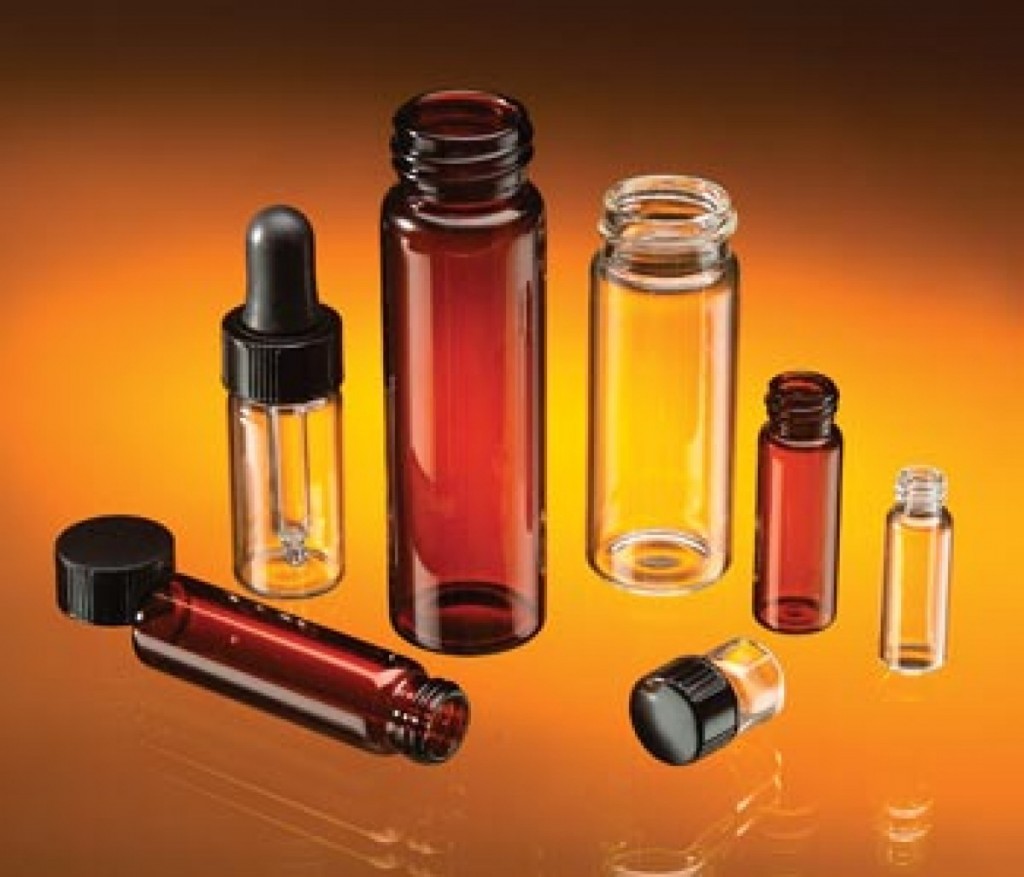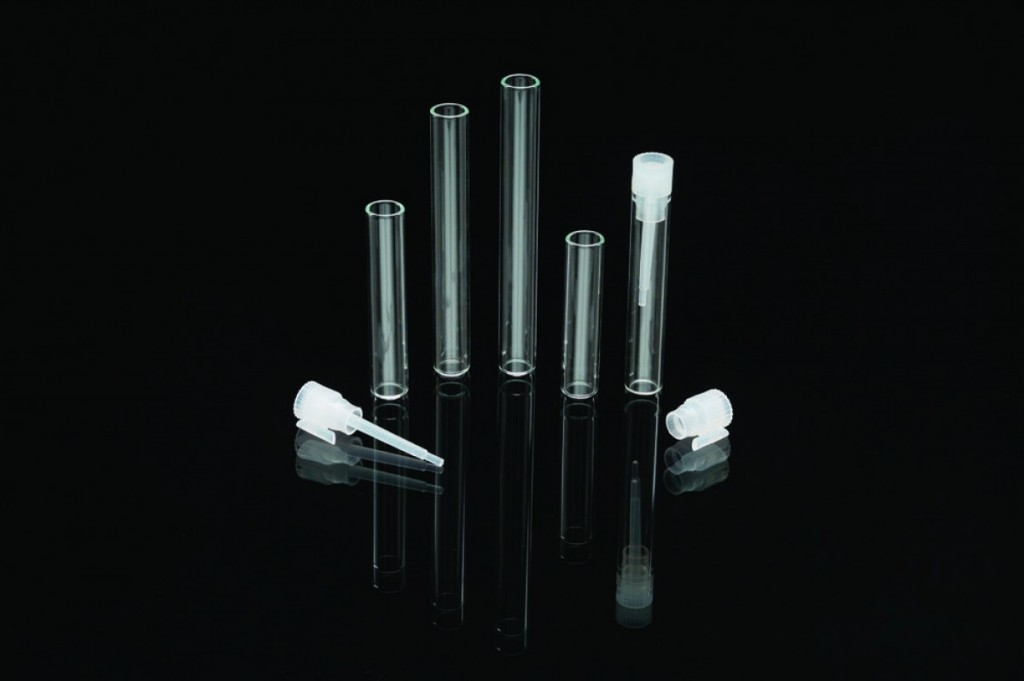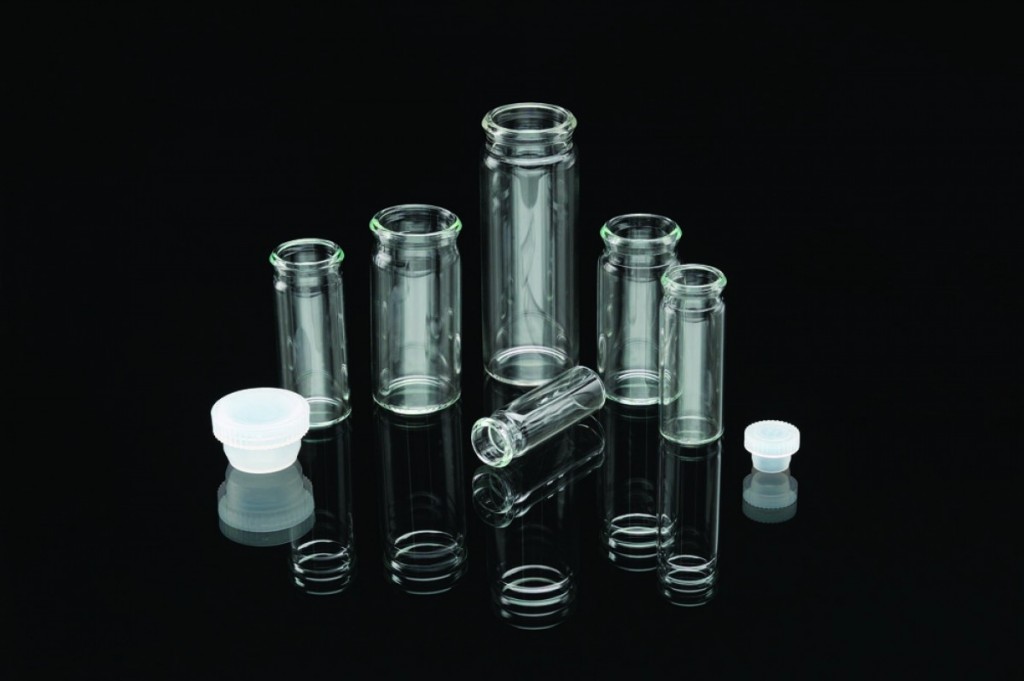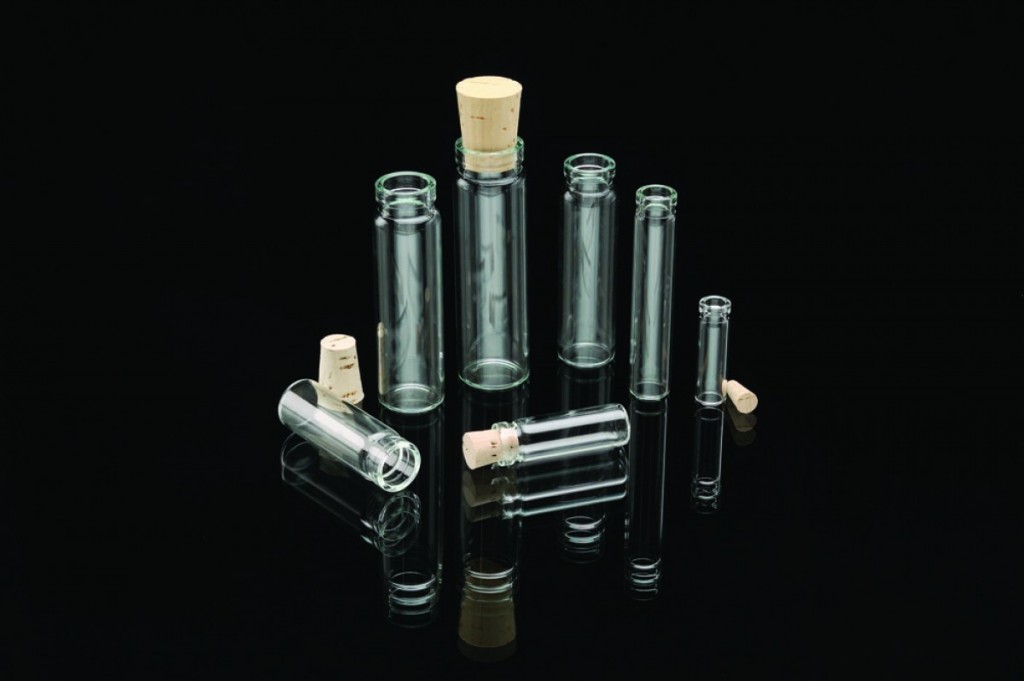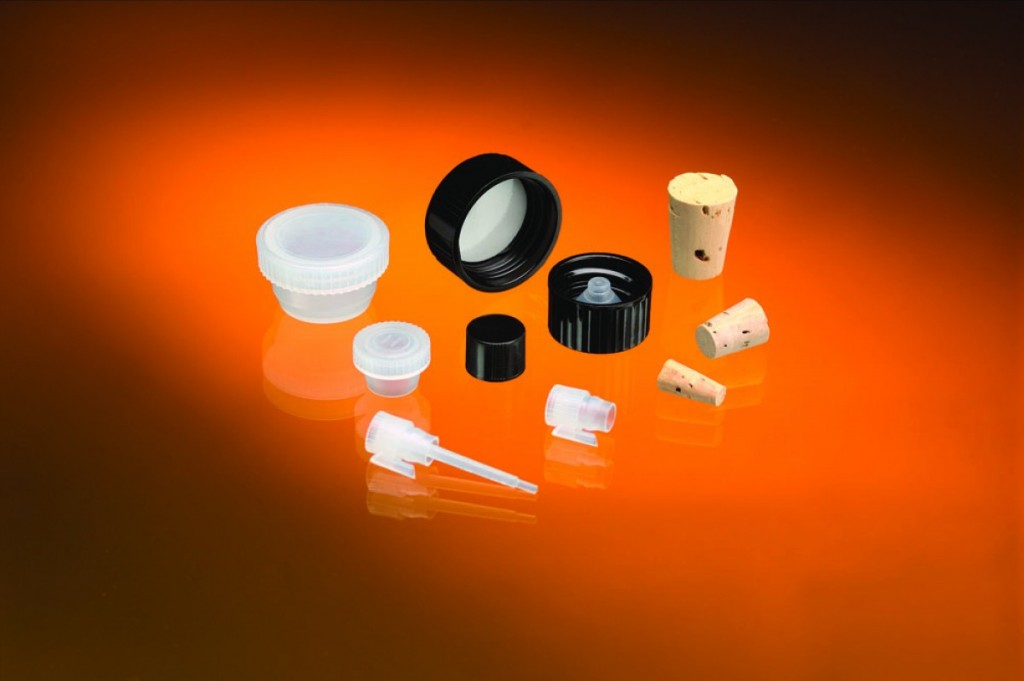Glass Vials: Types of Vials
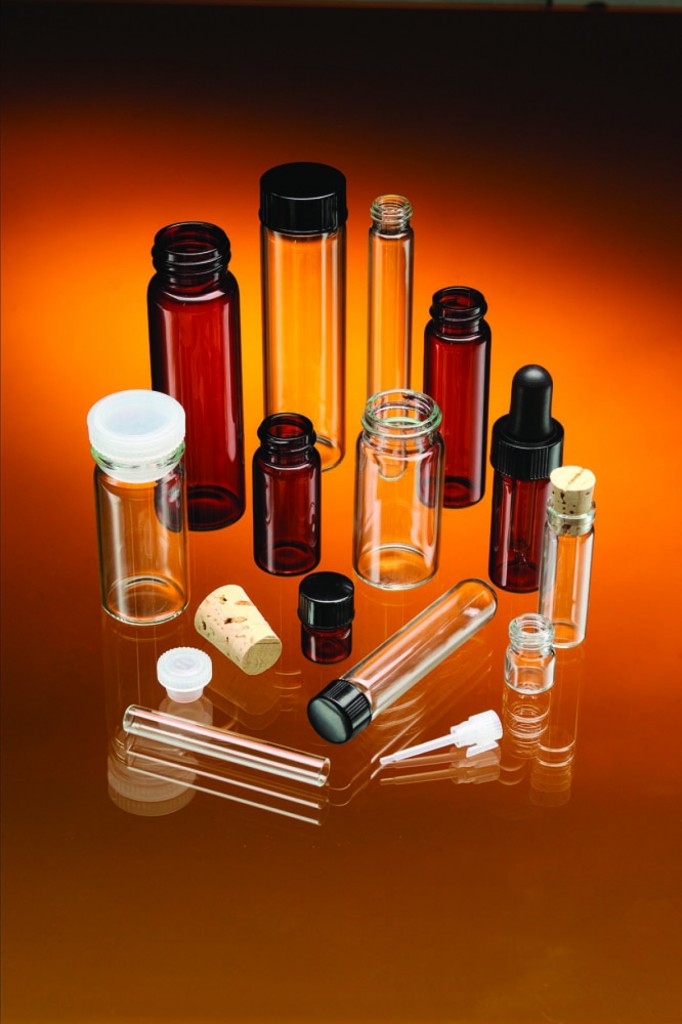
Like many things vials can be made to seem like there are infinite varieties and types. Most of the distinctions boil down to just two. Screw Thread Vials which accept a screw cap and Patent Lip Vials which utilize a stopper, cork or reducer as part of the closure.
Beyond those distinctions vial styles break down mostly by common usage. Perfume vials; for example, utilize a plastic stopper as a closure. They are called perfume vials simply because that is what they are commonly used for and for the most part people know the dimension and approximate capacity vial you are talking about if you call them that.
The images below show the various vial types along with images so you can see both how they differ and how they more generally fit into the two categories listed above.
Screw Thread Vials
Screw Thread vials utilize standard screw caps or dropper caps as a closure method. They work equally well for both dry and liquid packing.
Perfume Sample Vials
Sample vials are used to introduce or sample new products. One most often sees them used as perfume samples but they can be tasked to sample a variety of dry and liquid products.
Display Glass Vials
Compounds, capsules, pills, tablets and other similar sized items are perfect for display vials. While they are used primarily for packing dry products they are equally useful as a creative means to sample other dry items.
Patent Lip (Cork or Rubber Stopper Vials)
Patent lip glass vials utilize cork or rubber stoppers as a closure method and can be used with a variety of dry products and liquids. Their use is only limited by the compatibility of the product being packed and your imagination.
Capsule Vials
Capsule vials maintain a consistent diameter and vary only in the vial height, making them suitable for a wide range of general purpose uses.
Screw Caps, Closures, Stoppers and Corks for Glass Vials
Tags: amber vials cork stoppers cork vials glass vials patent lip vials reducer caps screw cap vials
Categories: glass vials

